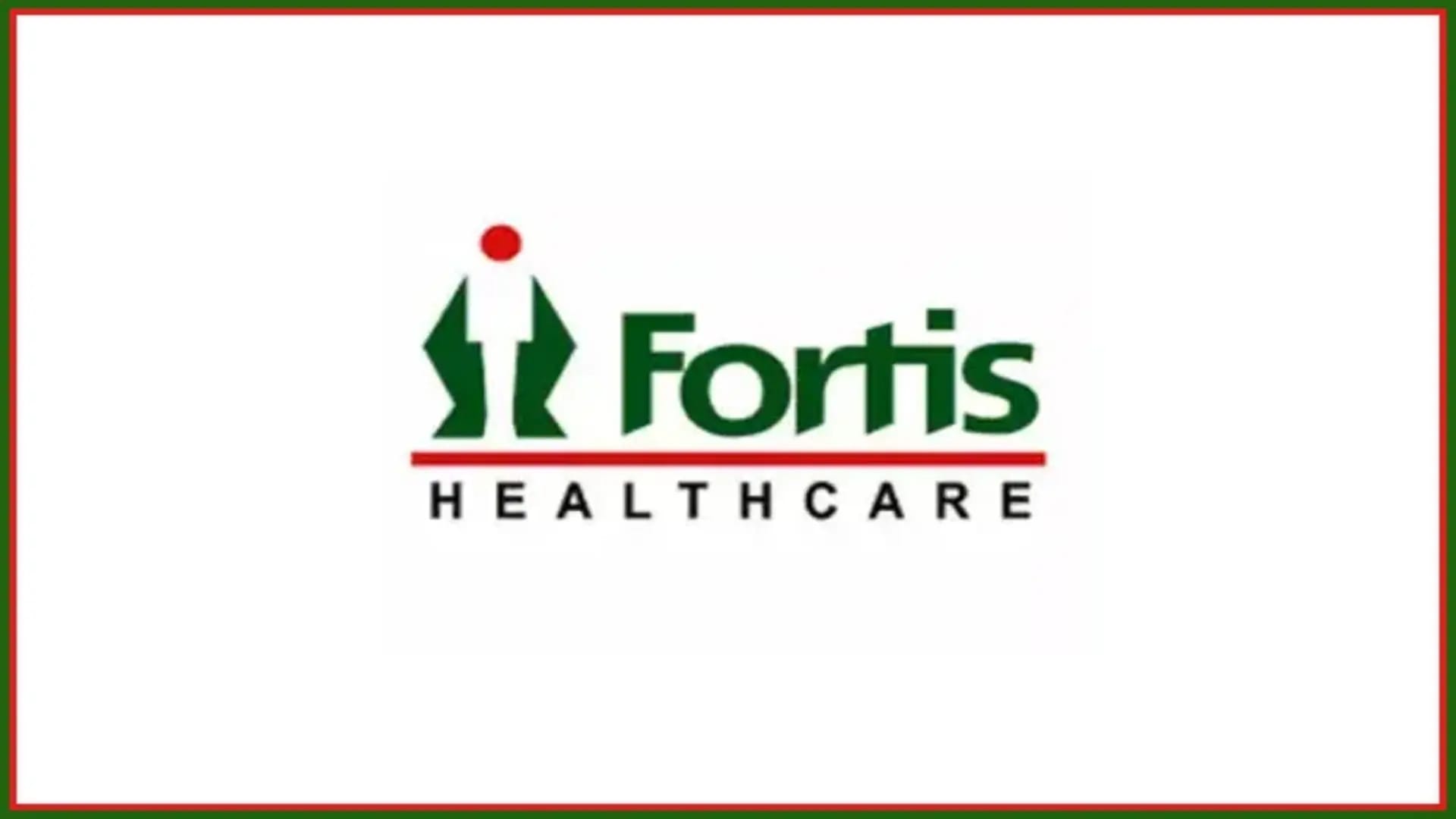The healthcare and medical sector is one of the most important, dynamic, and expanding industries in the world. The demand for skilled health professionals remains strong due to a growing global population, aging demographics, and continuous advancements in diseases and technologies. From traditional roles like doctors and nurses to emerging careers in telemedicine and healthcare technology, the sector offers diverse opportunities. Many of these roles also include Part time jobs, providing flexible options for those passionate about improving lives.
1. Scope of health care.
The health care system is a large area, including hospitals, clinics, medicines, biotechnology, health insurance, medical equipment, mental health services and public health agencies. The World Health Organization (WHO) defines health services as individuals or communities are provided to promote, maintain, monitor or restore health.
The 157th session of the Executive Board takes place on 28–29 May 2025. Watch it live here: https://t.co/lGak9vVtIk pic.twitter.com/Bv0pMAE1Dn
— World Health Organization (WHO) (@WHO) May 28, 2025
Globally, the healthcare system is a major employer, accounting for 10-15% of GDP in many developed countries. For example, in the United States, it employs over 22 million people, including numerous opportunities for part time jobs across various healthcare roles.
2. Large job categories in health care.
A. Clinical roles
These roles include direct patient care and diagnosis. They are the face of the health care system.
I. Doctor and surgeon
- Responsibility: Diagnosing diseases, determining treatment, surgery.
- Specialization: Child disease, cardiology, neurology, general surgery, psychiatry, etc.
- Education: Medical degrees (MD or DO), stay and often board certification.
II. Nurse
- Responsibility: To provide care, administration of medication, monitor the patient’s conditions.
- Types: Registered nurses (RN), nursing practitioners (NP), licensed practice Nurse (LPN), Nurse Anesthest (CRNA).
- Education: Nursing degree (ADN, BSN or MSN), License.
III. Allied health care provider
- These support diagnosis, medicine and recovery.
- Example: Physiotherapist, professional therapist, radiological technologist, speech pathologist, medical technologist.
B. Nonodic roles
These roles do not include direct patient care, but are necessary for operation.
I. Healthcare Administrator
- Responsibility: Management of hospitals, budget, coordination, adherence to employees.
- Education: Degree in health service administration, public health or business.
II. Health Information Technician
- Responsibility: Management of patient records, data analysis, IT system maintenance.
- Main skills: EMR system, cyber security, privacy law (eg HIPAA).
III. Public health personnel
- Responsibility: Disease prevention, health improvement, epidemic research.
- Employer: Public agencies (CDC, WHO), NGO, Institute of Education.
3. Emerging and special roles.
When health services are more digital and personal, new roles emerge.
A. Telemedicine -Supplier
- Virtual consultations have been generalized by -from -19.
- Important skills: Distance Patient handling, digital literacy, sympathy in virtual surroundings.
B. Genetic Consultant
- Provide patients on inheritance and DNA tests.
- Important in birth care, cancer treatment and personal medicine.
C. Biomedical engineers
- Design and maintenance medical equipment and dentures.
- Mix engineering knowledge with biology and medicine.
D. Health Inform Specialist
- Be aware of the intersection of it and the health care system.
- Use data to improve patient results and streamlining system.
4. Academic route.
A. Undergraduate Degree
- Relevant fields: Biology, nursing, public health, psychology, biochemistry.
- Basis for advanced studies and clinical roles.
B. Medical and Research School
- MDS does for doctors.
- MS or PhD in special areas such as epidemiology, medical science or physiotherapy.
C. Certificate and sustainable education
- Certificates improve the reliability and wage opportunities.
- It is important in learning running due to developed technologies and rules.
5. Skill and quality required.
The health care system requires a unique mix of technical knowledge, soft skills and personal characteristics:
- Compassion and sympathy: Required for patient care and emotional support.
- Important thinking and solution to the problem: For diagnosis, treatment plan and emergency reactions.
- Communication skills: to effectively interact with patients and interdisciplinary teams.
- Be aware of expansion: Life-or-death of small errors can lead to results.
- Technical skill: Especially in areas such as EMR, telecommunications and diagnostics.
- Physical and mental endurance: Many roles require long and high stress conditions.
6. Industry challenges.
A. Lack of workforce
- WHO estimates an estimated reduction of 10 million health workers by 2030.
- Rural and understanding areas are particularly affected.
B. Burning and mental health
- Far, emotional stress and the patient’s death take a toll.
- Organizations invest more in support and flexibility programs.
C. Inequalities in the health care system
- Marginal communities often receive substandard care.
- Public health initiatives address social determinants for health.
D. Technical disruption
- Quick adoption of AI and robotics change job details.
- Workers should risk quickly or untouched.
7. Salary and job approach.
A. Salaries
The salary varies widely depending on the role, experience and location:
| Role | Average Annual Salary (US) |
|---|---|
| Physician/Surgeon | $210,000 – $300,000+ |
| Nurse Practitioner | $120,000 |
| Registered Nurse | $77,000 |
| Physical Therapist | $89,000 |
| Healthcare Administrator | $100,000 |
| Medical Technologist | $60,000 |
| Genetic Counselor | $85,000 |
B. Job growth estimate
According to the U.S. Bureau of Labor Statistics (BLS):
- Health companies are estimated to increase 13% from 2021 to 2031.
- This corresponds to about 2 million new jobs, which exceeds any other business group.
8. Global Opportunity.
Healthcare is a universally essential field, which offers global mobility:
- Doctors Bidout Borders: For Adventure Healthcare Workers.
- WHO and CDC: International Public Health Career.
- Medical tourism: Opportunities in countries with private health services such as India, Thailand and Türkiye.
Multi -inguism and cultural capacity are the biggest benefits for those assessing international roles.
9. Future trends that shape the health career.
A. Artificial intelligence and automation
- AIDS in AI diagnostics, treatment planning and administrative workflows.
- Some common tasks may be obsolete, but the demand for human sympathy is irreparable.
B. Precision medicine
- Treatment corresponding to individual genetic profiles.
- Increasing demand for genetic consultants, bio -information researchers and individual care experts.
C. aging population
- By 2050, 1 in 6 people globally will be more than 65.
- Increase in demand for iconic care, domestic health colleagues and long -term care functions.
D. Climate change and health
- Increases interest in environmental health roles.
- Population health pollution, heat wave and influence of natural disasters.
10. Start: How to choose a career path.
Choosing a health career can be heavy with the view of alternatives. Here are steps to guide your decision:
A. Consider your interests and powers:
- Do you like patient interaction directly?
- Are you more attracted to laboratory work or politics?
B. Shadow Professional:
- Spend time with doctors, nurses or public health officials to understand your daily work.
C. Volunteers:
- Experience in hospitals or voluntary organizations can clarify your passion and can start yours again.
D. Research education requirements:
- Learn investment in time and money before committing.
E. Talk to Career Advisors:
- Many universities provide advice according to health services.
Conclusion
The healthcare sector offers a stable, meaningful, and diverse selection of career paths. Whether you are inspired by science, driven by a passion to help others, or prefer a fast-paced environment, there is a niche for you. As the industry evolves with technology and social changes, health professionals will be at the forefront of shaping a healthier world.
Whether you are a high school student exploring future options, a professional between careers, or an experienced expert aiming to specialize, the healthcare system offers opportunities for everyone—including part time jobs that provide flexibility alongside meaningful work.





